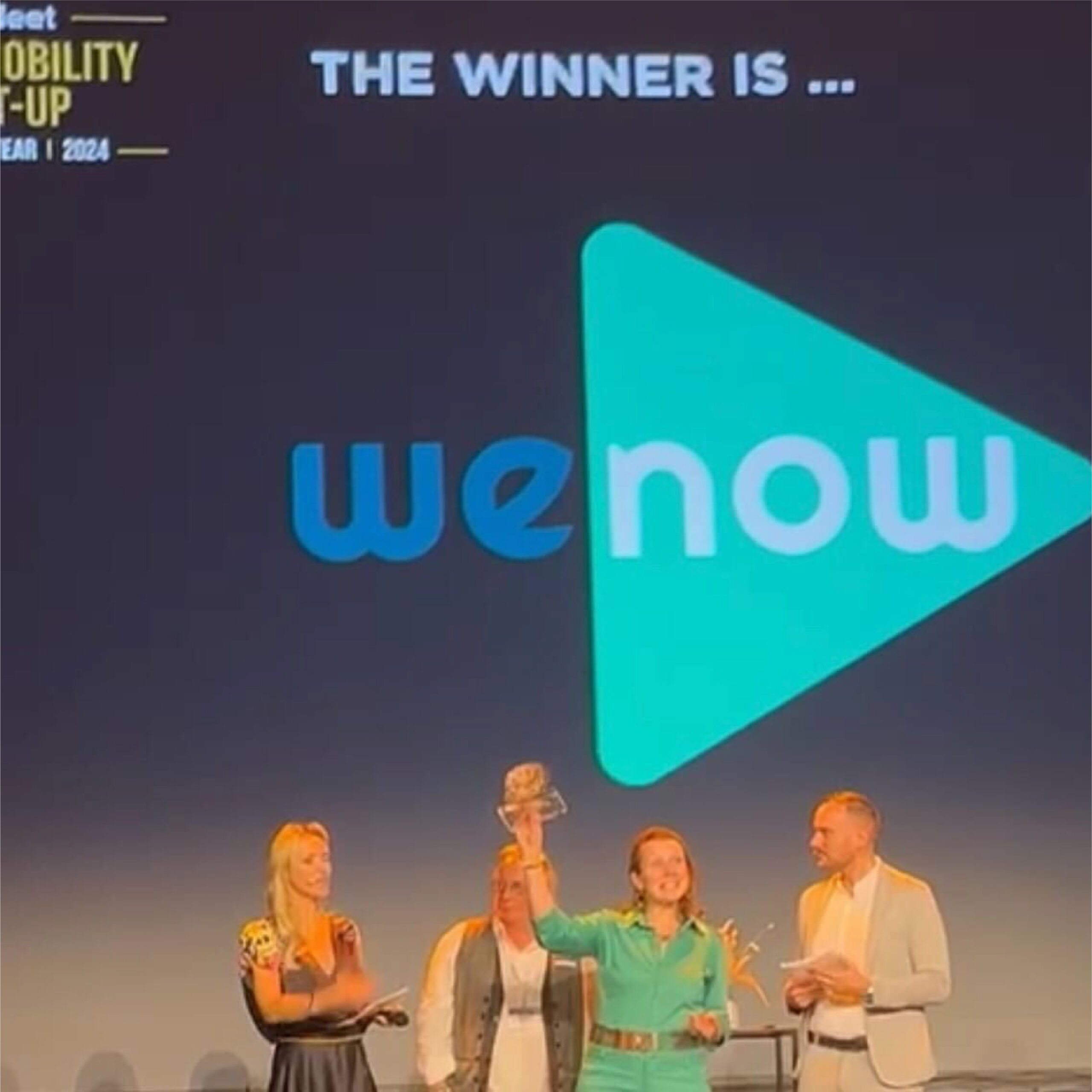

Contents
We’ve made a bold choice at WeNow: we do not use video for our e-learning modules on climate. That decision goes against the current instructional trend. The specific reason for that is that video isn’t very ecofriendly…
Aude Caussarieu, our training expert, answers our questions.
Why have you chosen not to use video at WeNow?
Aude Caussarieu – It’s primarily a pedagogical choice: video is not the best medium for the content we discuss.
If we wanted to teach you how to repair a dishwasher or perfect your golf swing, we would have used video.
But our instructional objectives are largely cognitive, so we don’t need video.
And that’s just as well, because videos aren’t very ecofriendly – they use a lot of bandwidth. And that wouldn’t be appropriate for climate training!
But without video, don’t your learners become too passive?
A.C – That’s a question we hear a lot [laughs].
Learners are often much more passive with video than they are with text. Think about when you’re watching a film: you’re leaning way back on the sofa, you let yourself be carried away. By contrast, when you’re reading a textbook or the assembly instructions for Ikea furniture, you’re bent over the text and your brain is actively working.
To improve engagement, we routinely add very practical questions that force the participants to reflect.
- We don’t ask you to regurgitate the number we just gave you three minutes earlier.
- Rather, we ask you to put yourself in a real-life situation and imagine what you should do.
Our quizzes are really at the core of our teaching; we’re really proud of them.
I can understand that, but training that’s based solely on text must still be less motivating than a video, isn’t it?
A.C – We don’t just have text 😜. We also use highly instructive photos, drawings and graphics.
Plus, the feedback we get on our training modules is that they’re very attractive and people enjoy looking at them.
But that question of motivation is a very interesting one. There are actually two counter-intuitive points to keep in mind.
First, we often think that at school or in a training module, motivation is what leads to success. In reality, the opposite is true: success breeds motivation. In our training, we really focus on developing quizzes that prompt you to think – we don’t want them too easy – but that also put people in a position to succeed.
Second, adults will be motivated if they’re convinced it will help them – not because the training is shiny and full of funny animations. I’m not saying that won’t make it a little more enjoyable, but it’s not the heart of the issue. What’s really important is the answer to the question: what is there about this training that’s useful for me?
For that reason, we really pay close attention to:
- 1) highlighting the personal benefits of our training,
- and 2) using situations that are extremely true to life with which learners can genuinely identify.
Thank you, Aude, for explaining all of that to us!
Our other content
Article
The UN Has Awarded WeNow Triple Gold Status For The Third Consecutive Year
“I’d like to personally congratulate you on your company’s results: you’ve been awarded the triple gold label for the 3rd year running!”
You have successfully subscribed to the WeNow newsletter!
Thank you for subscribing to our newsletter! You are now subscribed to our regular updates on our products, special offers and events. You will never miss the latest news from Wenow again. Thanks for your confidence and see you soon !
Return to site




